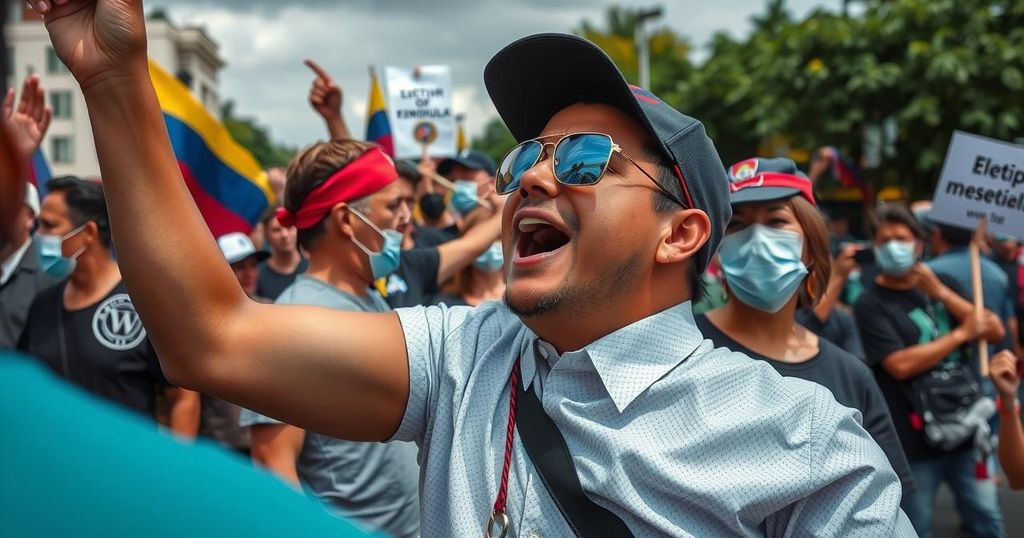Venezuela Releases 146 Election Protesters as Controversy Surrounds Maduro’s Win

Venezuelan Attorney General Tarek Saab announced the release of 146 more election protesters, raising the total to 1,515. This announcement comes amidst controversies over the legitimacy of President Nicolas Maduro’s election, with claims by international observers of unfair voting practices. More than 2,000 individuals were arrested during the protests following the election.
On Monday, Venezuelan Attorney General Tarek Saab announced the release of 146 individuals arrested following the controversial July elections, bringing the total number of released protesters to 1,515. This marks the sixth such announcement by authorities regarding the release of those detained during post-election protests. With more than 2,000 individuals having been arrested in the aftermath of the elections, the situation remains concerning, especially given claims by international observers that the electoral process was not fair. President Nicolas Maduro is poised to assume his third term amidst this contentious backdrop, as various countries, particularly in the West, express recognition of former opposition candidate Edmundo Gonzalez as the legitimate winner instead.
The current political climate in Venezuela is characterized by deep divisions following the recent elections. President Nicolas Maduro’s administration has faced persistent accusations of electoral fraud and repression of dissent. With over 2,000 protests resulting in mass arrests, the decision to release some detainees appears as part of a strategic effort to mitigate international criticism and shore up legitimacy ahead of Maduro’s impending third term. The conflicting narratives about the election result—between Maduro’s government and international observers—further illustrate the complexities of Venezuela’s political landscape.
In summary, the Venezuelan government’s move to release additional election protesters reflects ongoing tensions and controversies surrounding the recent elections. While the announcement may signal an attempt to address international concerns and quell dissent, the broader implications of the electoral process and the legitimacy of the government remain hotly debated. With Maduro set to commence his third term amidst these challenges, the future of Venezuela’s governance and civil liberties hangs in the balance.
Original Source: www.usnews.com








